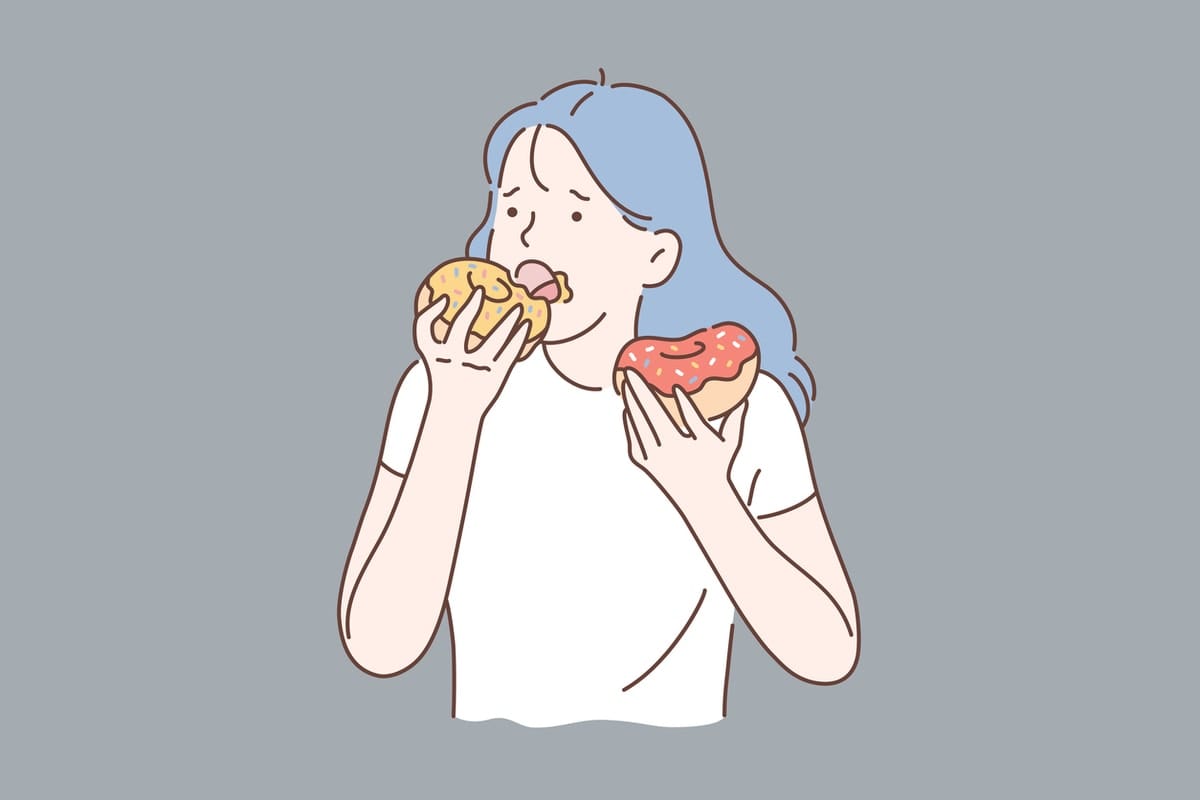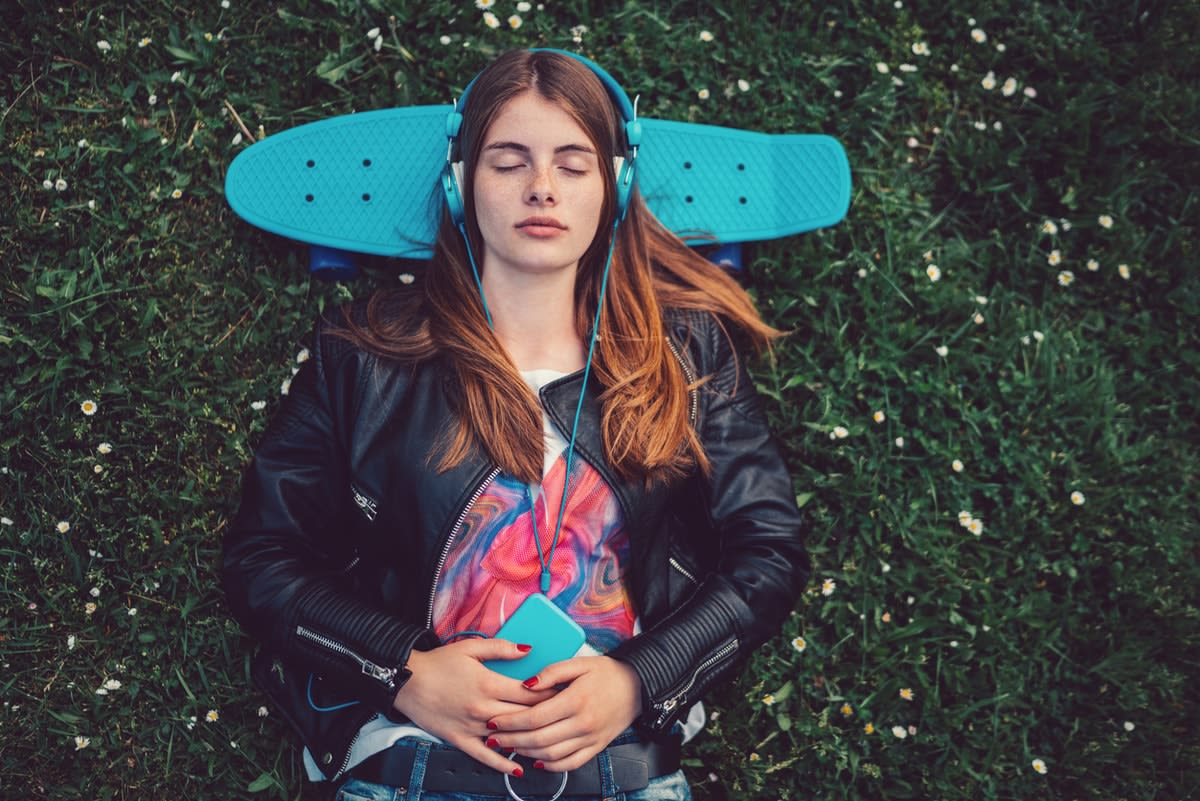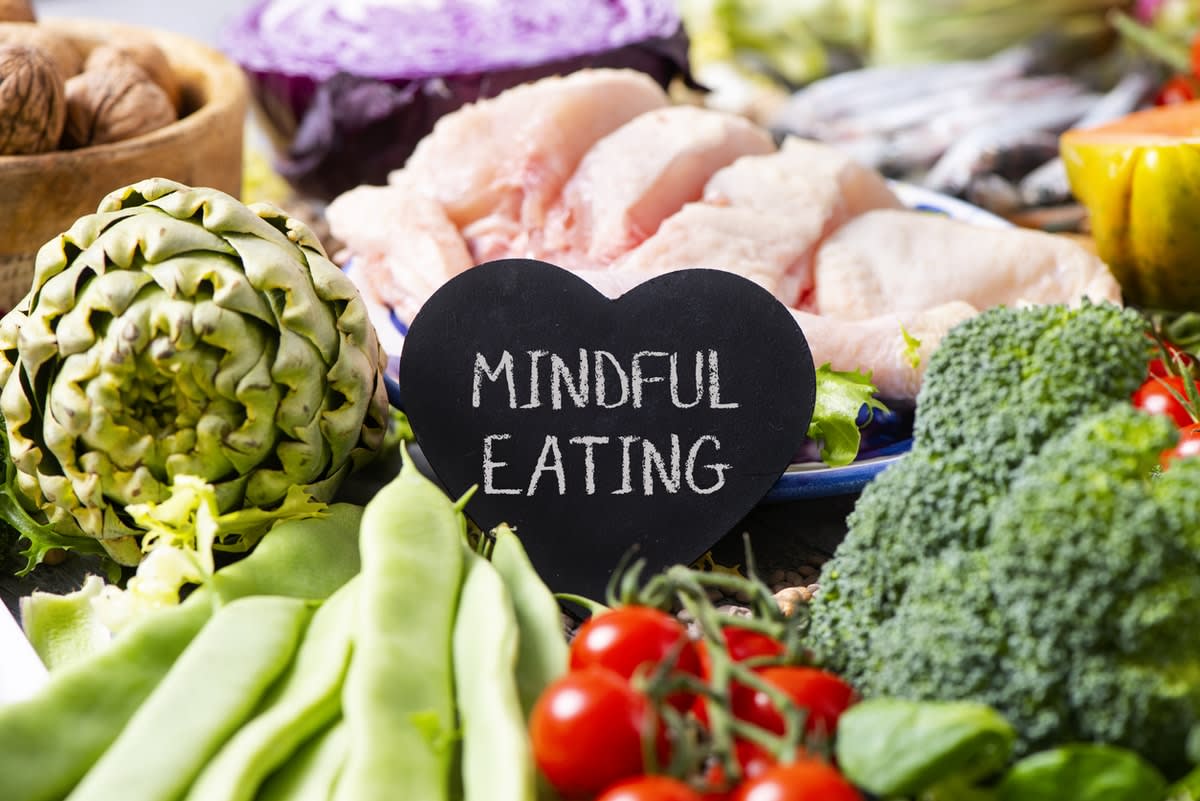
Now that we’re deep within the COVID-19 pandemic, are you slipping back into old habits? Or are you finding it more difficult to control behaviours that were once under control? Have you started drinking more often, or over-eating, as a way to make yourself feel better?
These may be the effects of stress from the pandemic on behaviour. Stressful situations are well-known to trigger the return of problematic habits, however familiar these habits may be.
There are a number of ways stress can do this. One way might be through the effects of stress on aspects of our self-control. You might think of the brain as comprising multiple systems, which consist of top-down control processes, as well as impulsive emotion-driven processes or desires. These systems balance out each other.
However, stress can temporarily weaken the control processes, resulting in the emotion-driven systems having greater relative control over behaviour.
Regular physical activity will boost your cognitive flexibility, and will help you better regulate your emotions and behaviour.
This means that while typically you might be able to ignore that craving for a drink, you might find it harder when stressed. Or you might find yourself at the fridge, grabbing a snack, without even having planned to eat.
On top of reducing your ability to ignore temptations and apply self-control, stress can enhance problematic behaviours by impairing your ability to flexibly update your behaviour in response to changed circumstances.
This paper outlines research in this area. Cognitive flexibility is important for helping you adapt to changes in your environment or current goals. For instance, if you led a very active lifestyle before, and coped with stress by snacking, this might not have been too much of a concern for you. But now, being stuck at home and under stressful circumstances, snacking in response to stress might not be the best way to make yourself feel better.
To change your usual pattern of responding, however, you need to apply cognitive flexibility to find alternative coping strategies. By reducing your cognitive flexibility, stress can make it harder for you to adapt.

Obsessive-compulsive behaviours might also be triggered by the current pandemic.
Once considered pathological, excessive and ritualistic washing behaviours and social distancing are now endorsed by the scientific community and health authorities, and adopted as one of the most effective ways of dealing with the threat of COVID-19. Plus, we’ve seen people engage in behaviours such as stockpiling large amounts of food and fighting in supermarkets for items of questionable value.
These behaviours are reminiscent of well-known obsessive-compulsive disorder (OCD) and related conditions (for example, hoarding disorder). They remind us of the continuity between normal and pathological behaviours, which might be understandable under extreme and stressful circumstances. These compulsive behaviours represent ingrained, phylogenetically (or evolutionarily) conserved behavioural patterns mediated by our habit systems, which are ready to “take control” over you once prompted.
Improving resilience to stress
While stress can reduce cognitive control and flexibility, and thereby or otherwise promote addictive and compulsive behaviours and habits, research suggests there are many things you can do to minimise these negative effects of stress.
For instance, cognitive training has been shown to reduce the tendency to behave impulsively under stress. Mindfulness meditation can improve behavioural and emotional regulation, including reduced dysfunctional brain reactivity to emotional stimuli.
Regular physical activity will boost your cognitive flexibility, and will help you better regulate your emotions and behaviour, among many other benefits. This has more information on the benefits of exercise on mental health.
Read more: Artificial light, sleep and the battle to keep our circadian rhythms in tune
Good sleep habits will also help you in terms of boosting your resilience to stress. While it may be tempting to sleep in, or go to bed late and take naps during the day, poor sleep will negatively affect your cognition and ability to manage stress. Try these sleeping tips during self-isolation.
Finally, try as much as possible to eat a healthy diet. As recommended by experts, increase your intake of fruit, vegetables, wholegrain cereals, nuts, seeds, and fish high in omega-3 fatty acids, and keep processed foods to a minimum.

Technology: pros and cons
We recommend you make the most of available technology to connect with your family and friends. Also, you can use technology to learn and practise stress-management skills. For instance, there’s a number of great online mindfulness meditation programs.
You might also like to try apps to help you track the behaviours you want to change. The simple act of tracking addiction-related behaviours (such as, drinks per day) can help you get better control over them. Many of these apps also have goal-setting functions, which may also help you work toward healthier patterns.
But while technology can play an important role in keeping you connected and providing access to many resources to help you during this time, it may trigger problems for those who find it difficult to control their use. If you find yourself spending too much time online, and it’s causing you concern or interfering with other aspects of your life, try these tips to help you limit your time online.
Take-home message
Stress can impact our behaviour in many ways. It can trigger unhealthy or dysfunctional habits, whether they’re from the past or have developed in the present circumstances. But there’s also a lot we can do to manage stress, as well as build our resilience to it. Understanding how stress can influence our behaviour is an important first step in doing this.





